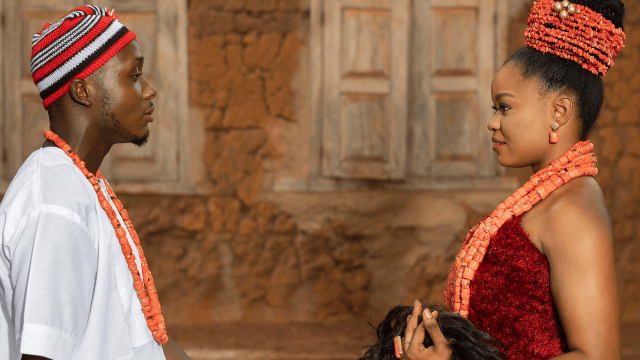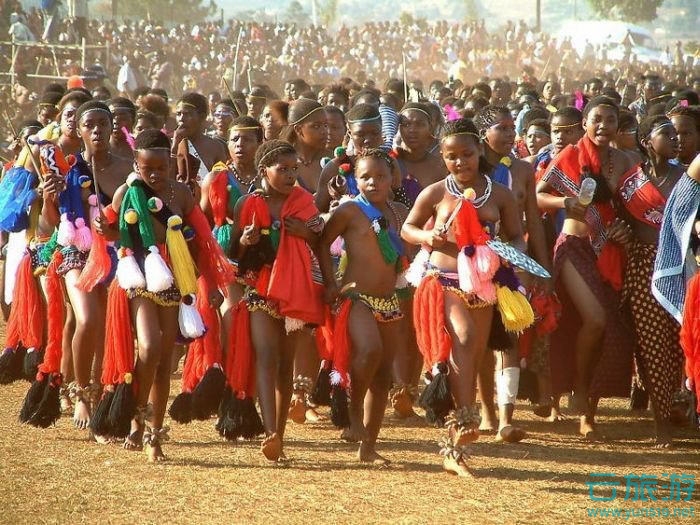The unique African Eswatini Concubine Election Convention

Eswatini is a landlocked country located in the southeast of Africa, surrounded by South Africa in the north, west and south, and adjacent to Mozambique in the east. It is located on the east slope of the Drakens Mountains on the southeast edge of the South African Plateau. Most of the whole territory is a three-level north-south plateau, rising from 100 meters above sea level to 1800 meters from the east to the west, forming a roughly equal area of low, medium and high three-level ladder zone. Many rivers. The eastern border is mountainous. The river is full of rocky beaches. It has a subtropical climate.

The harvest thanksgiving service in Eswatini is called Newala or "the first fruit" ceremony and is held at the end of the year. This is a celebration of the throne. Traditionally, there are kings of Swaziland, Ngwenyama or "lion", who are powerful and mysterious and are believed to reflect the prosperity and fertility of Eswatini. Therefore, it is said that he must have many wives and many children.
The ceremony consisted of many events, which lasted up to a month, including the gathering of foam from the top of the wave, and the collection of water from the main river through a group of Bemanti or Swaziland water officials. The days before they left to collect water and foam, the king went to quarantine.
Adolescent boys gather in Lusekwane, which is considered sacred. When the samurai sang the sacred song, everyone danced around nhlambelo, and the king was surrounded by the sacred halo. Finally, the king appeared with a face blackened by medicine. He wore a headdress with large black feathers, a silver monkey skin belt, and emerald grass covered his body. The king attended the impromptu dance, and at one point of the dance, he ate a special pumpkin called Luselwa, and then he voted for the rest of the samurai. This should mean that it is time for new crops to be eaten.
The tourism industry in Sri Lanka is relatively developed, but it is basically controlled by the South African consortium. Gambling is a major feature of Sri Lanka's tourism industry, and about 60% of foreign tourists are gamblers. In recent years, the Sri Lankan government has attracted tourists by developing wildlife parks and displaying Sri Lankan rich and colorful etiquette culture. Etiquette culture includes various celebrations in the palace, traditional weddings in Sri Lanka and various ethnic dances. The hotel facilities are in good condition. Sun International Group has several five-star hotels in Sri Lanka.
Folk customs retain the remnants of the tribal period. It practices polygamy and engages in the mixed farming and animal husbandry economy. The chief has great power. Men's traditional clothing is animal skin shawl, while women wear skirts, aprons and shawls. Good at singing and dancing. The Swais have two traditional ceremonies. The first is the "Inkwara" ceremony, which is held from December to January every year, that is, a few days before the summer solstice. It is mainly to pay tribute to the king, which means farewell to the old and welcome the new. The second is the Reed Dance Festival, which is held from July to August every year. It teaches young girls how to work in the fields. It is usually held near the royal palace. Now the Reed Festival has evolved into the imperial concubine selection meeting of the king of Eswatini, which is very lively and interesting.

